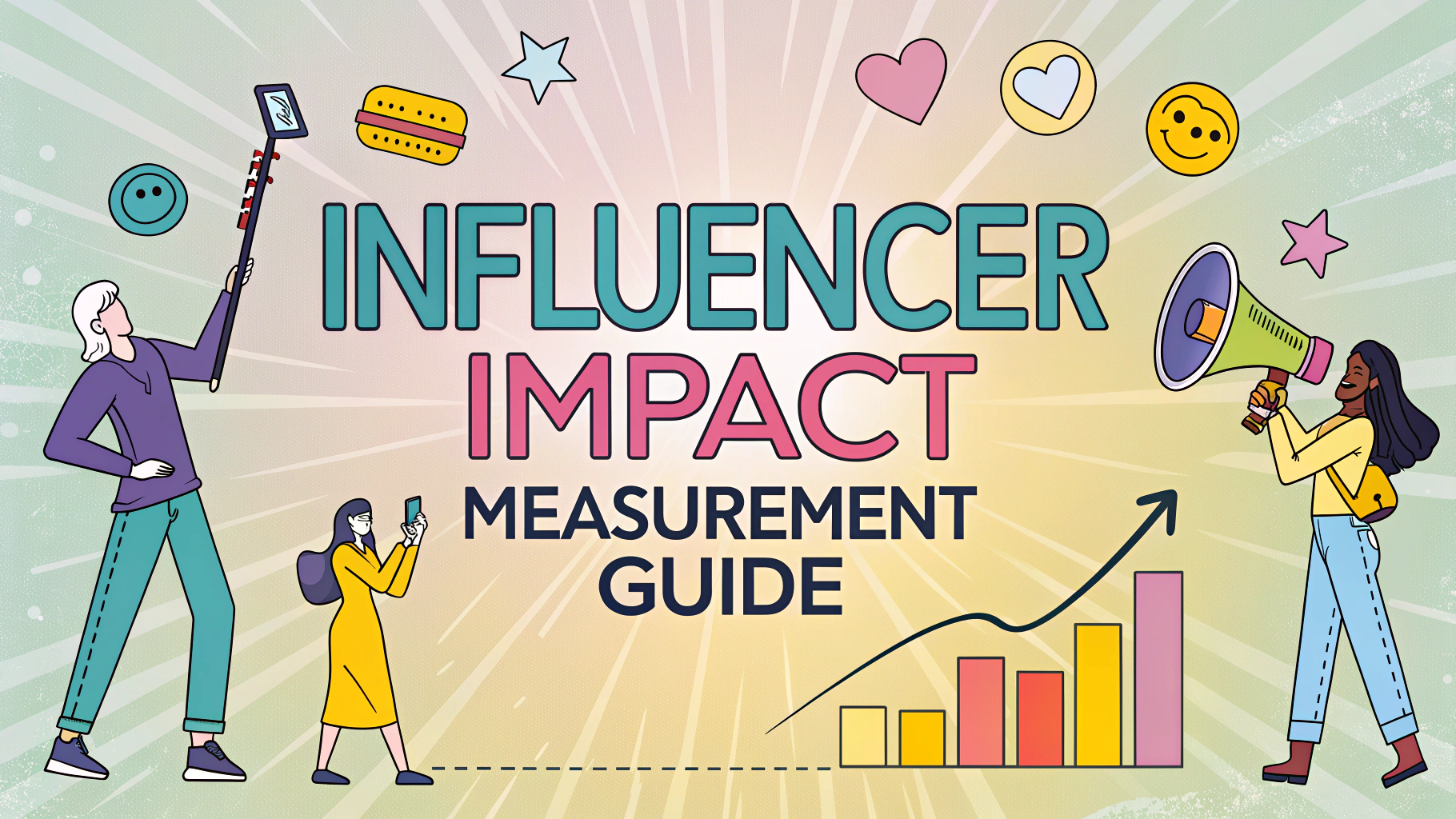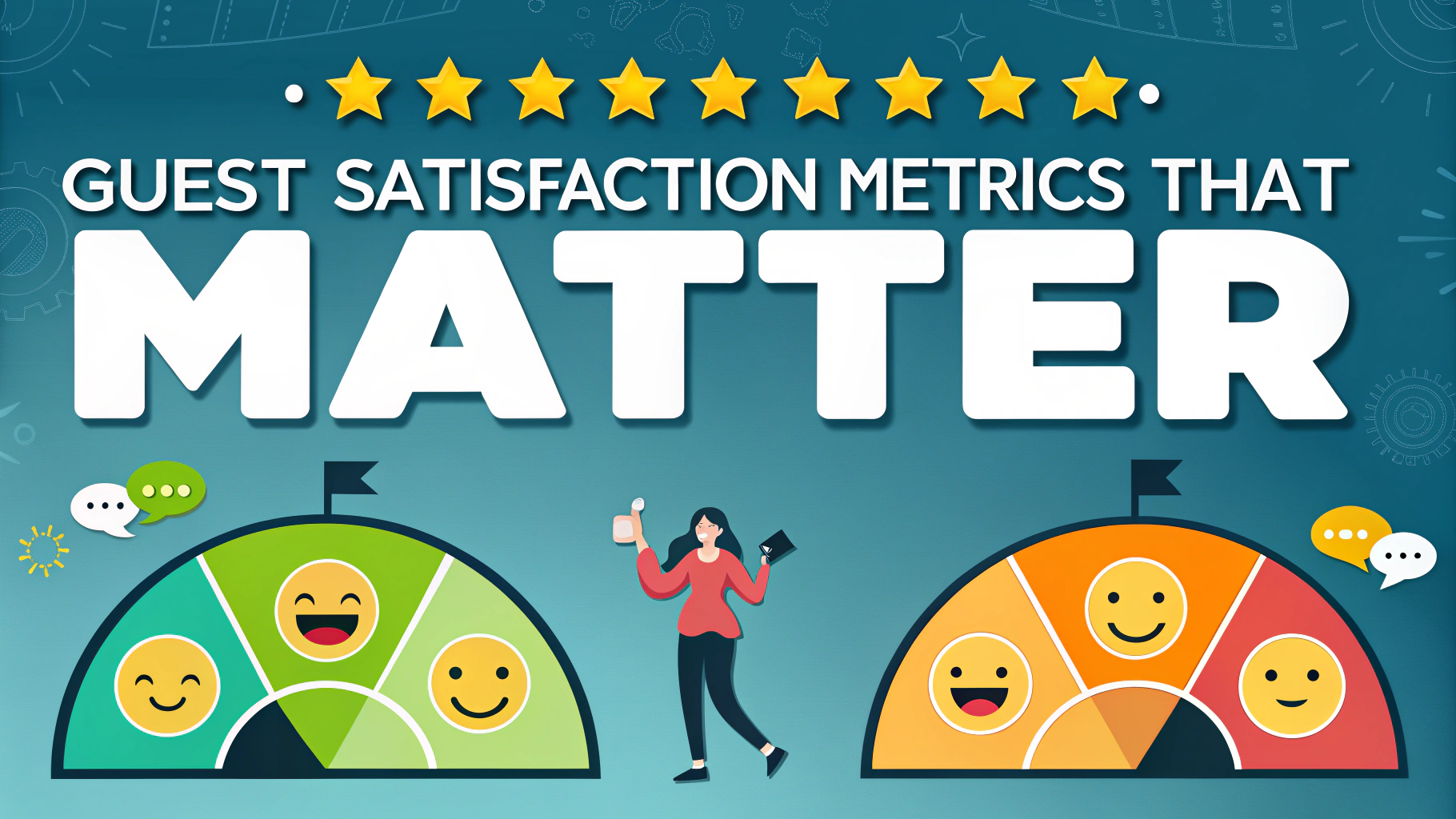Boutique hotels are redefining hospitality by offering unique, personalized experiences that larger chains often struggle to match.
The story of successful small hotels demonstrates how focused service, distinctive character, and smart marketing can create lasting impressions and loyal customers.
This guide explores proven strategies that have helped boutique hotels thrive in competitive markets, with practical steps for implementation.
Creating Your Unique Identity
A strong brand identity helps boutique hotels stand out in crowded markets.
- Define your hotel’s personality through design, service style, and guest experience
- Develop a consistent visual theme across all touchpoints
- Create a memorable story that resonates with target guests
Digital Marketing Essentials
A well-planned online presence drives direct bookings and reduces dependency on OTAs.
- Mobile-optimized website with high-quality photos
- Active social media presence on Instagram and Pinterest
- Email marketing campaigns for repeat guests
- Local SEO optimization
Guest Experience Enhancement
Personal touches create memorable stays that guests want to share.
- Personalized welcome notes and amenities
- Local experience packages and partnerships
- Staff training in personalized service
Revenue Management Strategies
Smart pricing and inventory management maximize revenue without sacrificing quality.
| Strategy | Implementation |
|---|---|
| Dynamic Pricing | Adjust rates based on demand and seasonality |
| Package Deals | Create value-added experiences |
| Direct Booking Benefits | Offer exclusive perks for booking directly |
Local Community Integration
Strong local partnerships create authentic experiences for guests.
- Partner with local restaurants and attractions
- Showcase local art and products
- Participate in community events
Technology Integration
Modern tech solutions enhance guest experience while maintaining personal touch.
- Mobile check-in options
- Guest communication apps
- Smart room controls
- Contactless payment systems
Guest Feedback and Improvement
Regular feedback collection drives continuous improvement.
- Post-stay surveys
- Review monitoring and management
- Staff feedback sessions
Building Long-term Success
Focus on creating lasting relationships with guests through consistent quality and personal connection.
- Loyalty programs tailored to boutique experience
- Regular guest communication
- Staff retention strategies
- Continuous property updates and improvements
For more information on boutique hotel marketing, contact the Professional Association of Innkeepers International at www.paii.org.
Sustainable Practices
Environmental responsibility attracts conscious travelers and reduces operating costs.
- Energy-efficient lighting and HVAC systems
- Water conservation programs
- Waste reduction initiatives
- Local and organic food sourcing
Staff Development
Exceptional service requires continuous training and employee engagement.
- Cross-departmental training programs
- Customer service excellence workshops
- Career advancement opportunities
- Employee recognition programs
Crisis Management
Preparedness ensures resilience during unexpected challenges.
- Emergency response procedures
- Business continuity plans
- Guest safety protocols
- Communication strategies
Financial Planning
Sound financial management supports long-term sustainability.
| Area | Action Items |
|---|---|
| Budget Control | Monthly review and adjustment |
| Investment Planning | Strategic property improvements |
| Cash Flow Management | Seasonal planning and reserves |
Crafting Tomorrow’s Hospitality Today
Success in boutique hospitality requires constant evolution while maintaining authentic experiences. Focus on developing unique offerings, leveraging technology thoughtfully, and building genuine connections with guests. Remember that your hotel’s distinctive character is its greatest asset in the competitive hospitality landscape.
- Stay authentic to your brand vision
- Embrace innovation selectively
- Maintain personal connections
- Invest in continuous improvement
FAQs
- What defines a boutique hotel and how is it different from regular hotels?
A boutique hotel is a small, intimate property typically with 10-100 rooms, featuring unique design elements, personalized service, and distinctive character. Unlike chain hotels, boutique properties offer customized experiences and often reflect local culture and architecture. - What are the most effective marketing channels for boutique hotels?
The most effective channels include social media platforms (especially Instagram), targeted email marketing, travel influencer collaborations, online travel agencies (OTAs), and a well-optimized hotel website with direct booking capabilities. - How important is social media marketing for boutique hotels?
Social media marketing is crucial for boutique hotels, as it allows them to showcase their unique personality, engage with guests, share visual content, and build brand awareness. Instagram and Facebook are particularly effective for reaching potential guests and maintaining relationships with past visitors. - What role does storytelling play in boutique hotel marketing?
Storytelling is essential in boutique hotel marketing as it helps communicate the property’s unique identity, history, and values. It creates emotional connections with potential guests and differentiates the hotel from competitors. - How can boutique hotels compete with larger chain hotels?
Boutique hotels can compete by emphasizing their unique characteristics, providing personalized experiences, focusing on local authenticity, maintaining high-quality service standards, and leveraging their flexibility to adapt quickly to guest preferences. - What are the key elements of a successful boutique hotel website?
A successful boutique hotel website should include high-quality images, easy-to-use booking system, mobile responsiveness, compelling content, clear pricing, virtual tours, and detailed information about unique features and local attractions. - How can boutique hotels maximize revenue during off-peak seasons?
Hotels can maximize off-peak revenue through targeted promotional campaigns, special packages, local event partnerships, corporate retreat offerings, loyalty programs, and dynamic pricing strategies. - What role do online reviews play in boutique hotel marketing?
Online reviews are crucial for boutique hotels as they build credibility, influence booking decisions, and improve search engine rankings. Active management of reviews on platforms like TripAdvisor and Google is essential for maintaining a strong online reputation. - How can boutique hotels develop effective email marketing campaigns?
Effective email marketing involves segmenting guest lists, personalizing content, timing campaigns strategically, offering exclusive deals, sharing relevant local information, and maintaining consistent communication without overwhelming subscribers. - What metrics should boutique hotels track to measure marketing success?
Key metrics include direct booking revenue, website conversion rates, social media engagement, email open and click-through rates, customer acquisition costs, RevPAR (Revenue Per Available Room), and guest satisfaction scores.







